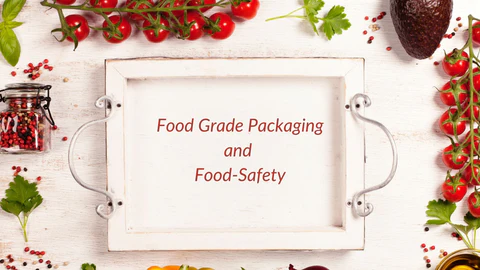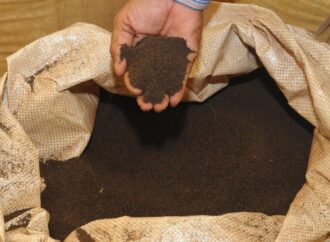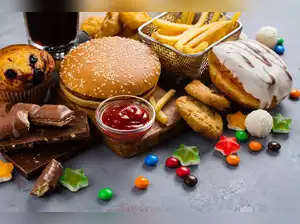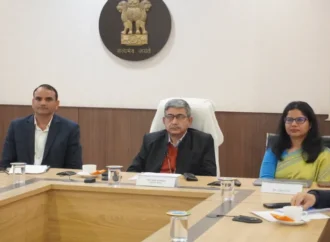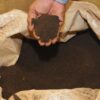Report
The Kerala Food Safety Department has mandated the use of only food-grade packaging materials for food items, including fritters. This guideline addresses concerns that packing and storing food in newspapers may lead to contamination with toxic substances like lead and ink.
The department has issued a notification prohibiting the use of newspapers to package snacks such as samosas, peanuts, and fritters. Officials are concerned that newspapers accelerate food contamination due to harmful chemicals like lead and ink. Proper packaging is crucial to preserving the food’s composition without contamination.
The Food Safety Assistant Commissioner emphasized the need for food entrepreneurs to adhere to packaging guidelines and maintain food safety practices.
Risks of Using Newspapers for Food Wrapping
Experts warn that while street food culture fosters a lively atmosphere for local businesses and helps preserve food traditions, it also spreads various diseases. Maintaining food safety and hygiene is essential when handling food. Many street foods, popular with teenagers and children, pose health risks due to the ink in newspaper wrappers, which can negatively affect their development.
Doctors caution that newspapers accumulate dust and pollutants, creating a breeding ground for viruses, bacteria, and fungi. This can lead to infections such as E. coli, which causes symptoms like:
- Diarrhea
- Nausea and vomiting
- High fever
- Stomach discomfort
- Severe abdominal pain
Newspapers often travel long distances before delivery, passing through multiple hands and locations—study rooms, living spaces, dining areas, and even bathrooms. This extensive handling increases the risk of contamination.
The ink also contains heavy metals like cadmium, mercury, lead, and chromium, which can cause toxic effects, leading to serious health issues such as:
- Nervous system damage
- Cardiovascular diseases
- Kidney disorders
- Bone weakness
- Liver and lung damage
Safer alternatives
To ensure the safety and hygiene of your food, choose vendors who use eco-friendly packaging that won’t harm your health.
- Use insulated food containers for items like soups and stews to reduce the risk of bacterial contamination.
- Buy food only from vendors who serve meals in stainless steel, dry leaves, or glass containers.
- Wash fresh fruits and vegetables thoroughly under running water before eating or storing them.
- Avoid reusing packaging materials like paper, plastic bags, food wraps, and aluminum foil to prevent cross-contamination.
 Food Manifest
Food Manifest 